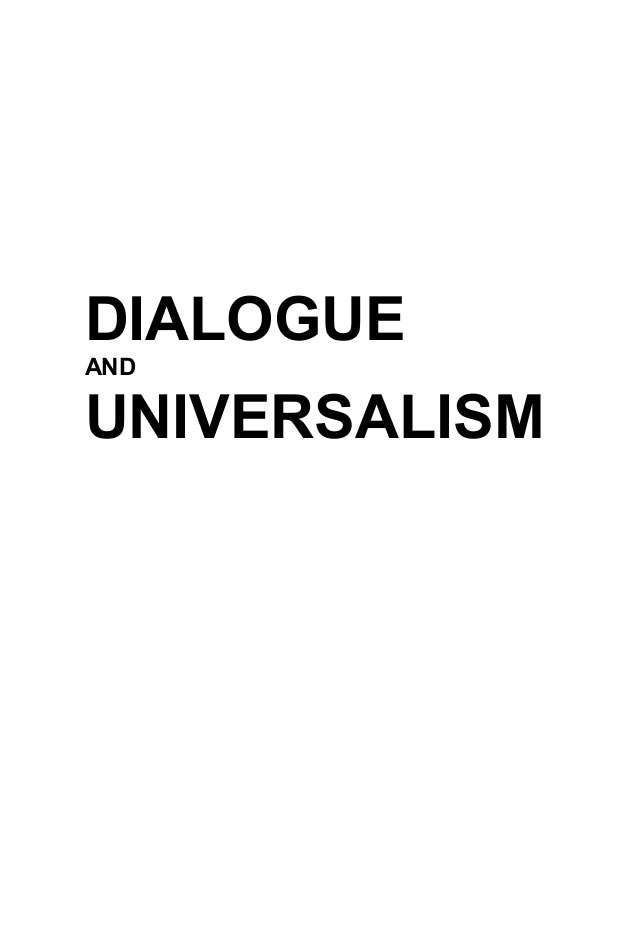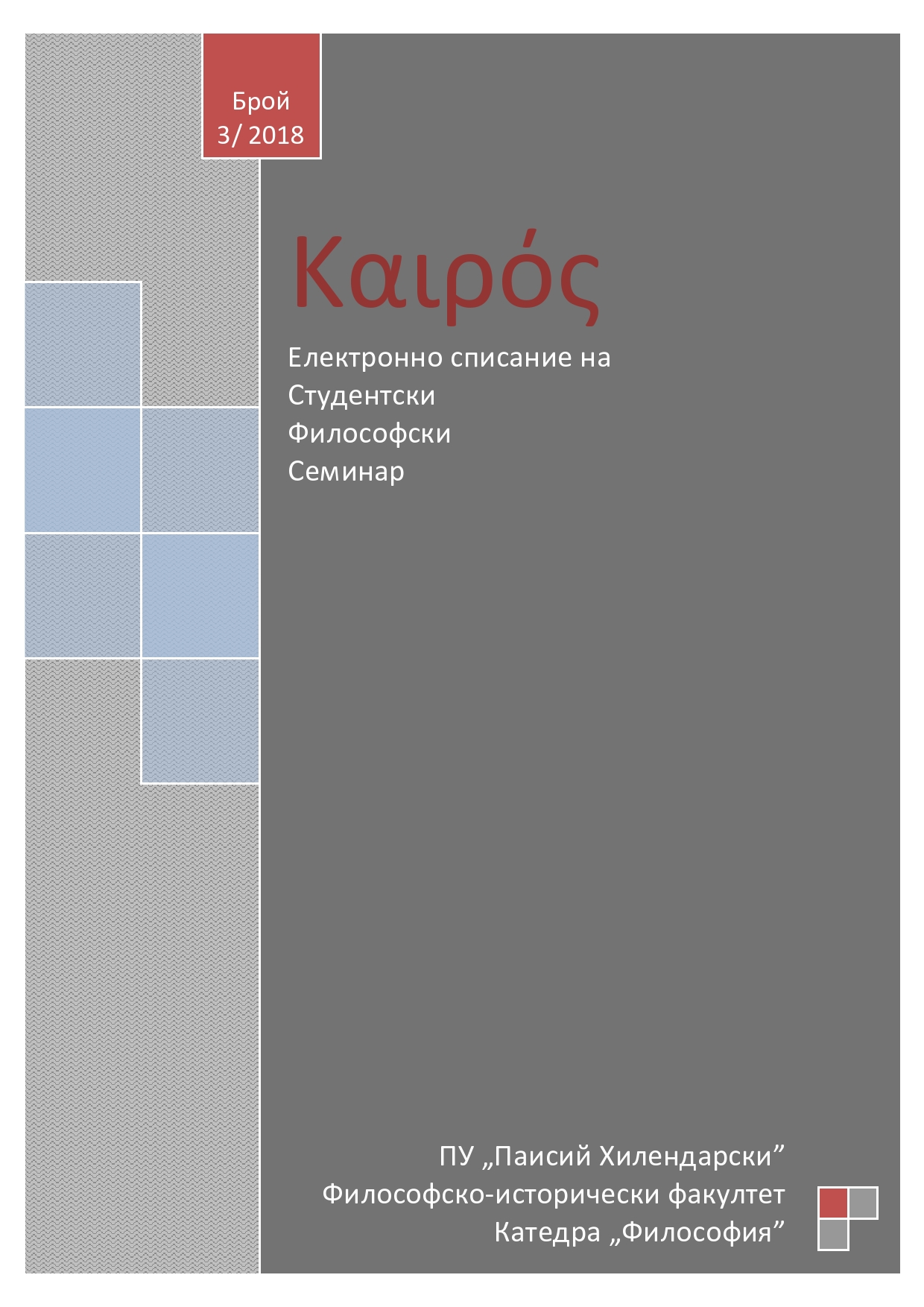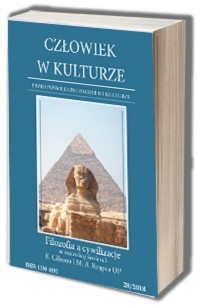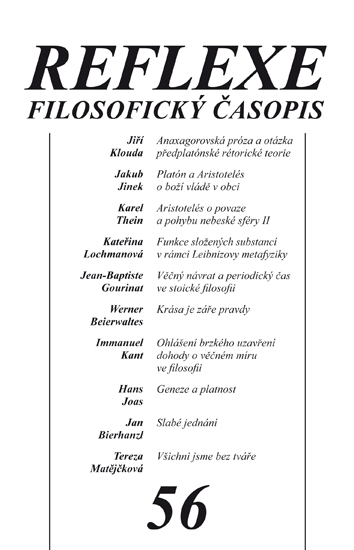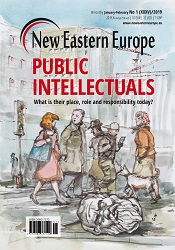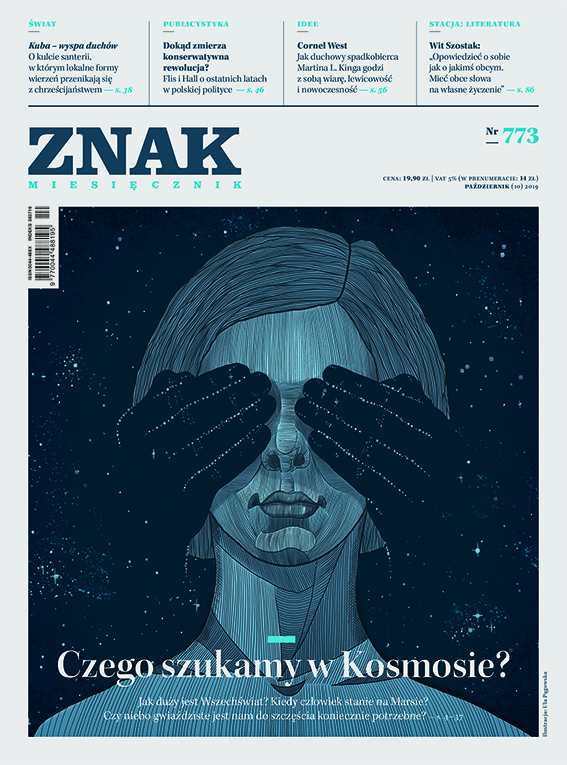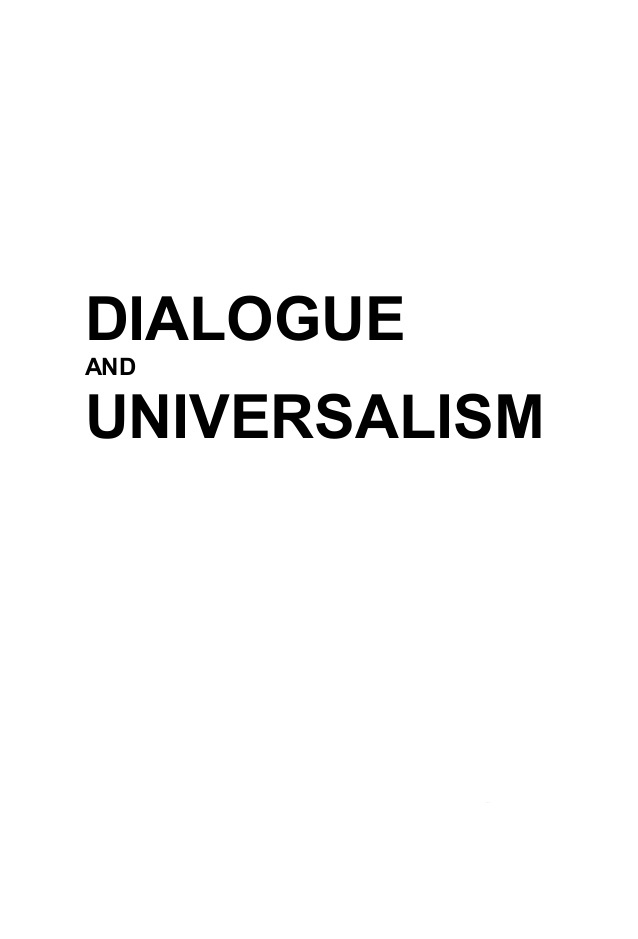
THE ENDURING VALIDITY OF THE CRITIQUE OF POLITICAL ECONOMY. MARXIAN PRAXIS-PHILOSOPHICAL DIALECTICS
Karl Marx is forgotten as a philosopher today not because he failed, but because the praxis-philosophical core of his Critique of Political Economy has not been rightly perceived. Marx’s Critique of Political Economy is a negative theory which takes it upon itself to uncover the negative aspects of capitalist values theory. It is not self-grounded, and substantiated solely by Marx’s earlier writings. It cannot serve as the basis for any kind of common, ecological economy, its importance lies only in its prac-tical-philosophical conclusion that we must overcome the human- and nature-destructive value logic of capitalism.
More...
